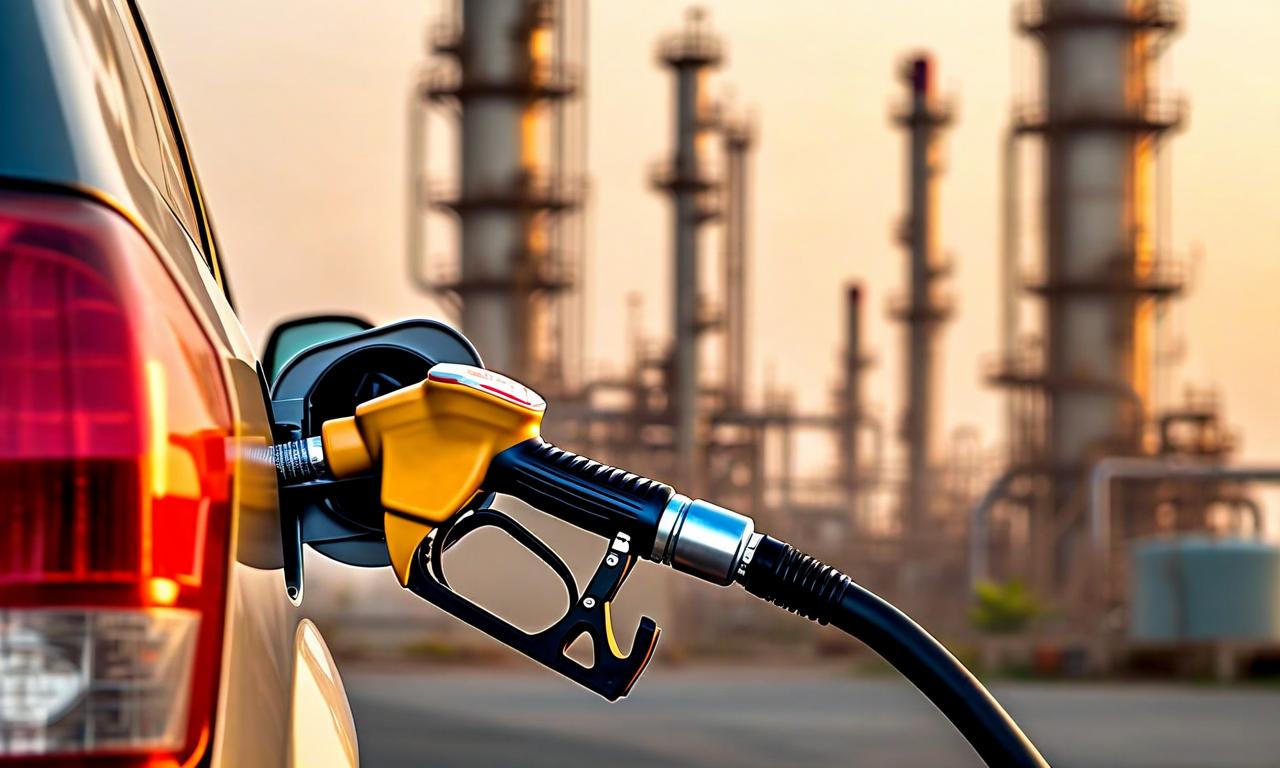India Shifts Gears: Diesel to be Blended with Isobutanol, Not Ethanol
Union Minister Nitin Gadkari announced that India will now blend diesel with isobutanol instead of ethanol. This policy change comes after unsuccessful attempts with ethanol-diesel blending. The shift could impact the biofuel industry, sugar sector, and automotive manufacturers. The move aims to reduce fossil fuel dependency and promote cleaner energy alternatives in India's transportation sector.

*this image is generated using AI for illustrative purposes only.
In a significant policy shift for India's fuel sector, Union Minister for Road, Transport and Highways Nitin Gadkari has announced that diesel will now be blended with isobutanol instead of ethanol. This decision marks a new direction in the country's efforts to reduce fossil fuel dependency and promote cleaner energy alternatives.
Policy Shift Unveiled
Speaking at the India Sugar & Bio-Energy Conference, Gadkari revealed that the previous attempts to blend diesel with ethanol had not yielded the desired results. As a consequence, the government has decided to pivot to isobutanol for diesel blending.
Reasons for the Change
While the minister did not delve into the specific reasons for the failure of ethanol-diesel blending, the shift to isobutanol suggests that this alternative may offer better compatibility with diesel fuel or provide superior performance benefits.
Implications for the Energy Sector
This policy change could have far-reaching implications for various stakeholders:
- Biofuel Industry: The shift may lead to increased demand for isobutanol, potentially spurring growth in its production.
- Sugar Industry: As a major producer of ethanol, the sugar industry might need to reassess its role in the biofuel sector.
- Automotive Sector: Engine manufacturers may need to adapt their designs to optimize performance with isobutanol-blended diesel.
- Environmental Impact: The effectiveness of isobutanol in reducing emissions compared to ethanol-diesel blends will be a key area of interest.
Looking Ahead
As India continues to explore alternatives to traditional fossil fuels, this move to isobutanol-diesel blending represents another step in the country's evolving energy strategy. The success of this new approach will likely be closely monitored by policymakers, industry experts, and environmental advocates alike.
The announcement by Minister Gadkari underscores the government's commitment to finding effective solutions for sustainable transportation fuel. As the policy rolls out, more details are expected to emerge regarding implementation timelines, blending percentages, and the potential impact on fuel prices and vehicle performance.
























